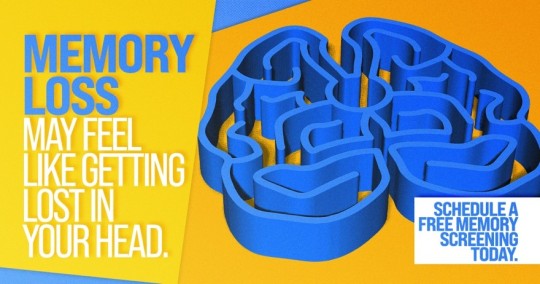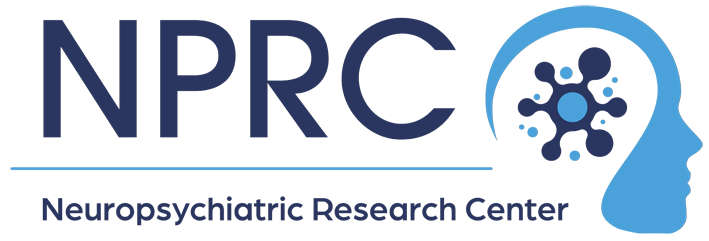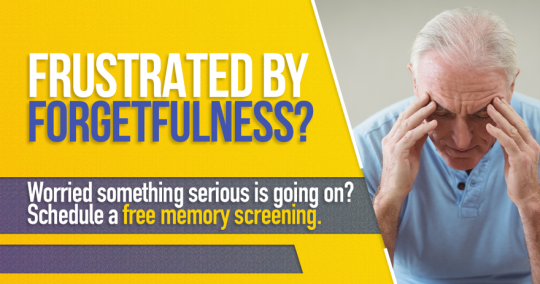One key component of aging well is ensuring your memory stays sharp. A good memory that remembers vivid details, can quickly recall names, can make favorite foods without a recipe and can help you feel young, even as you mature in age. Minor memory loss is a normal part of aging, but it can be difficult to determine if memory loss should be a serious concern. Significant memory loss can be an indication of early-onset Alzheimer’s disease, another form of dementia, or another health concern.
Does Memory Loss Disrupt Daily Life?
Forgetting a name or phone number, but later remembering those details is normal. However, if you or your loved one find yourself constantly forgetting details that were recently learned – experiencing short-term memory loss – that can be a sign of something more serious. Begin paying attention to what types of details are often forgotten, and if these details are remembered later.
Familiar tasks such as driving to the grocery store or reheating food in the microwave should continue to be second nature, even as you age. If you or your loved one get lost going to the neighborhood grocery store or need help using the microwave, it may be a concern to address with a doctor. Even as you age, memory loss should not disrupt daily life.

Is Memory Loss Changing Your Temperament?
As you age, your personality may shift in some areas. You will hopefully become more confident and self-assured. Your likes and dislikes may also change over time. Becoming more suspicious, confused, experiencing increased irritability or anxiety may be an indication that something more serious is going on. If you or your loved one was once outgoing and social, but now wants to stay at home, withdrawing from friends and family, it may be worth speaking with a doctor.
What Should I Do?
It can be terrifying to admit that your memory isn’t what it once was. It can also be overwhelming to admit this about your loved one. Unfortunately, ignoring the concerns will not make them go away, and early intervention can help identify problems while there is still time to help. Keep track of trends as it relates to memory loss to discuss with your doctor.
Scheduling a free memory screening can also be helpful. A memory screen is a quick, simple test that evaluates your memory and other thinking skills. Memory screening can help detect health conditions, and help you age well. Neuropsychiatric Research Center of Southwest Florida provides free memory screening. To set an appointment, call us at (239)939-7777 or fill out an online form.
Reference:



